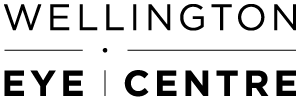
Wellington Eye Centre Optometrist
Joining the New Zealand Police Force (NZPF) is a significant career choice. It demands physical and mental fitness, integrity, and adaptability. There is a thorough application process to ensure that applicants are ready to take on the role. An important aspect of this process is ensuring that NZ Police recruits meet certain health and vision requirements.
Why does my vision affect my application?
Good vision is essential in law enforcement due to the demanding and unpredictable nature of police work, which can involve making split-second decisions in dangerous or visually challenging environments.
What does my vision need to be to meet the requirements?
The NZPF sets rigorous vision standards for applicants. According to the NZPF recruitment guidelines (as of 27/01/2025), applicants must meet specific visual acuity requirements. Without any correction, both eyes together must see 6/6 on a standard Snellen Eye Chart LogMar Snellen Letter Chart). This means that without any spectacles or contact lenses on, the applicant needs to be able to read the normal vision line – 6/6 or 20/20.
One of your eyes needs to see 6/6 on it’s own, the worst eye needs to be able to see 6/24 or better. (6/24 is line 3 on the image below)
With correction (spectacles or contact lenses) the applicant needs to be able to read the 6/6 with both eyes open, and the best eye also needs to be able to see this 6/6 line. The worst eye needs to be able to see 6/24 or better.
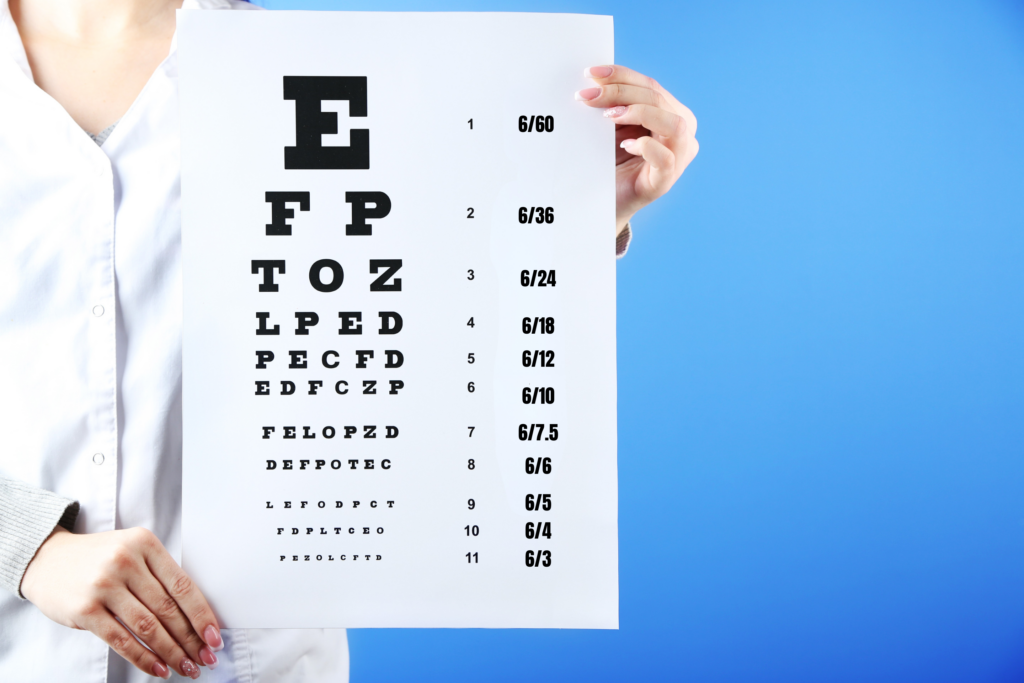
Line 5 is 6/12, the level of vision you need to be able to drive in New Zealand,
Line 8 is 6/6 or 20/20 vision.
Can I have laser eye surgery if my vision doesn’t meet the requirements?
For those who don’t meet these requirements, refractive surgery is an acceptable option. However, post-refractive surgery, applicants must meet a few additional conditions before being considered eligible to apply.
- At least 4 weeks need to have elapsed before the eye exam post-refractive surgery
- The applicant can now meet the visual standards listed in the section above.
- The applicant must have normal vision in the presence of a glare source (e.g. a Marco BAT 1000). This means the vision with the glare source does not worsen by more than one line.
- The applicant has normal vision when the contrast level of a letter chart (e.g. the Melbourne Edge Test) is reduced to 10%. For reference black on white is 100%, with reducing shades of grey on white thereafter.
For all applicants who have had refractive surgery – or not – the eyes must be free of significant disease. You must have a full field of vision (i.e. can see in the periphery). You must have normal binocular vision, and you need to have normal colour vision.
What forms do the Police Require for Laser Eye Surgery?
The NZPF needs documents before and after your laser eye surgery. If you are currently applying for the police, they will ask for an “Eye Surgery Declaration” letter from your surgeon, which you would receive after your comprehensive eye examination with our surgeon. This letter confirms your suitability for laser eye surgery and allows you to continue with your recruitment process while the surgery is pending.
After surgery, the NZPF needs proof that your eyesight meets their visual requirements. They might ask for an “NZ Ophthalmological Certificate”, which the surgeon completes 4 weeks after your laser eye surgery.
The NZPF will require a “NZ Police Visual Examination Form”. The level 2 portion of this form needs to be completed (sections 6-8.2) 4 or more weeks after laser eye surgery. This section covers tests like glare disability and contrast sensitivity, which require specialty equipment that we do not have at the Wellington Eye Centre. You can find a list of NZ Police Approved Optometrists here: Accredited Vision Examiners | New Cops | New Zealand Police Recruiting.
Do I need to wait after having laser eye surgery to apply to the Police?
Finally, Police work can require quick and accurate visual assessments in high-stress environments, such as identification of suspects, reading license plates, driving at speed or spotting hazards in low light conditions. Refractive surgery can deliver this for you, but you need to plan for it, as all surgeries have a recovery phase. You will not be able to start your training until you have passed the Level 2 Final Visual Examination. You can start the application for Police college at any time, but the requirement is that 4 weeks need to pass before you can sit your Level 2 Final Visual Examination.
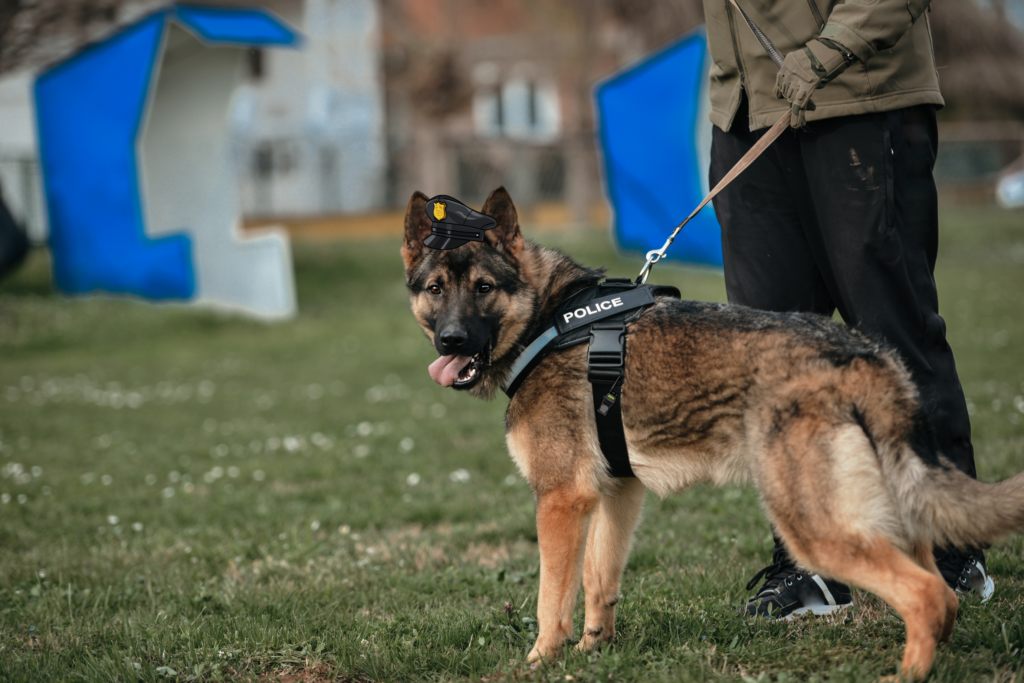
If you’re interested in joining the NZ Police but your vision doesn’t meet the requirements, then get in touch to find out if laser eye surgery might be the solution for you. You can call us at 0800 733 327 or fill out the booking form for a free assessment.
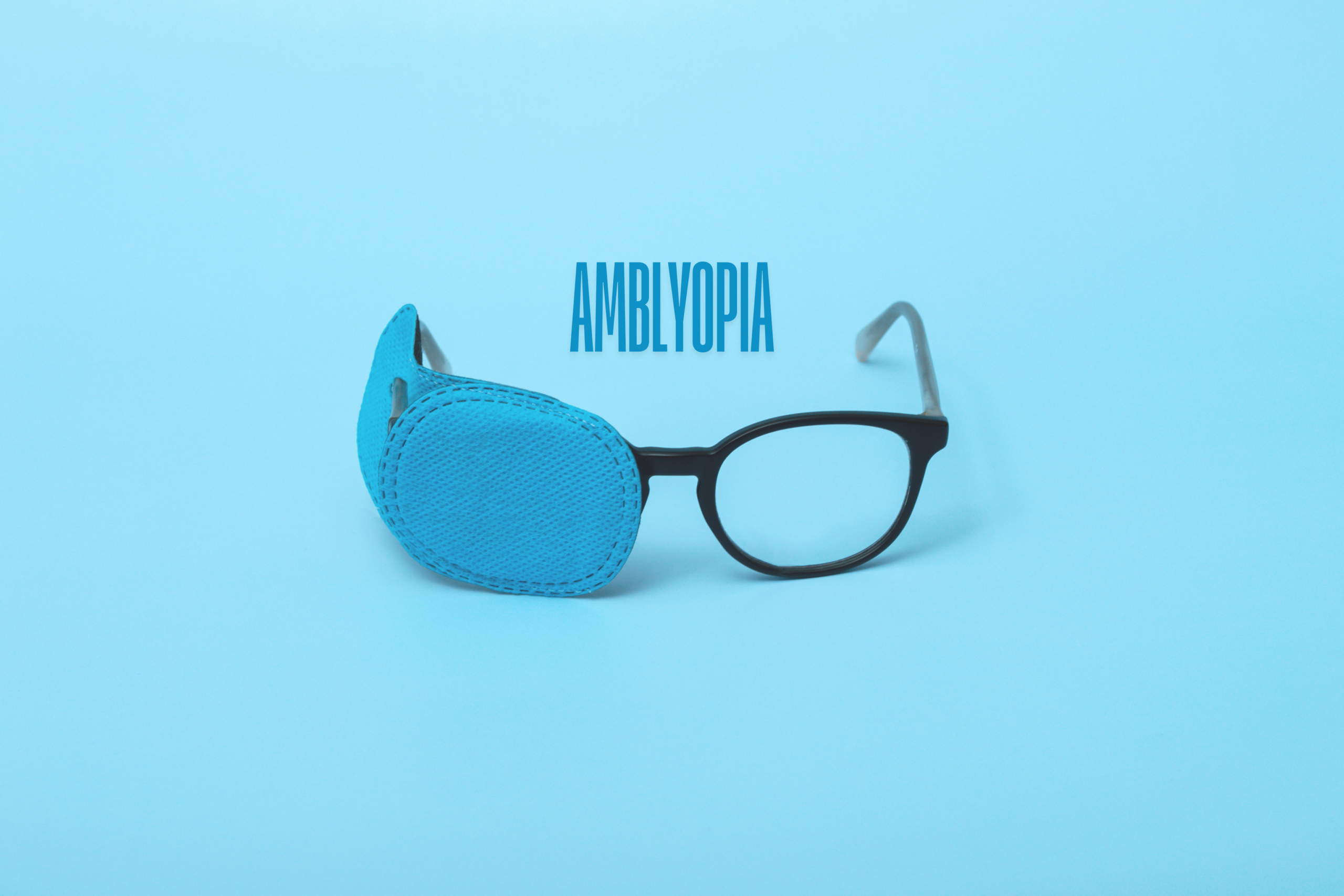
Amblyopia and Laser Eye Surgery
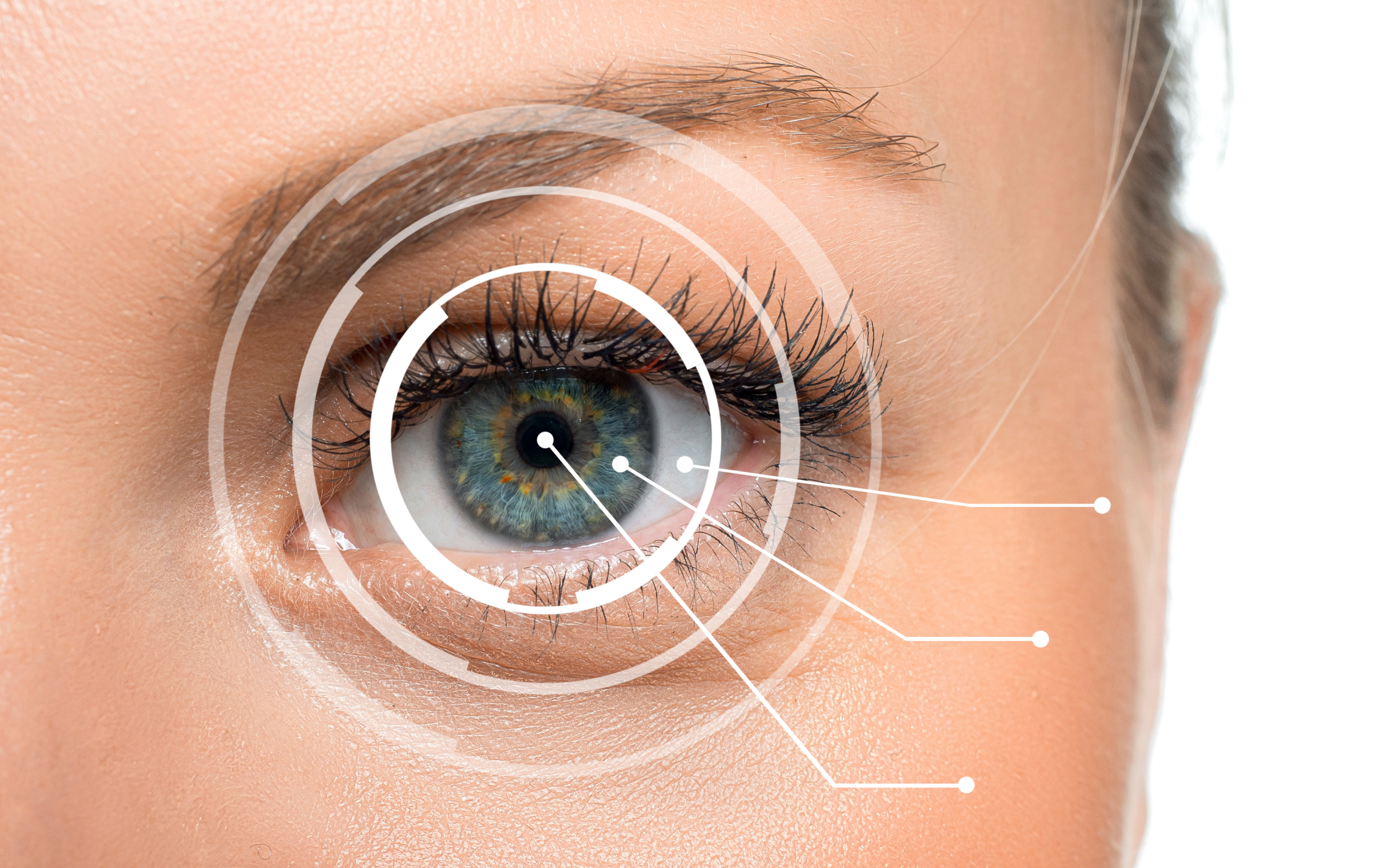
What Can Go Wrong During Your Laser Eye Surgery?

What are the visual requirements for flying, set by the Civil Aviation Authority?

What happens when your vision after laser vision correction surgery is not what you expected?

Dr Andrew Logans Innovation Achievements

Wellington Eye Centre Sustainability | How We Reduce Waste & Support the Environment

Everything You Need To Know About Dry Eye
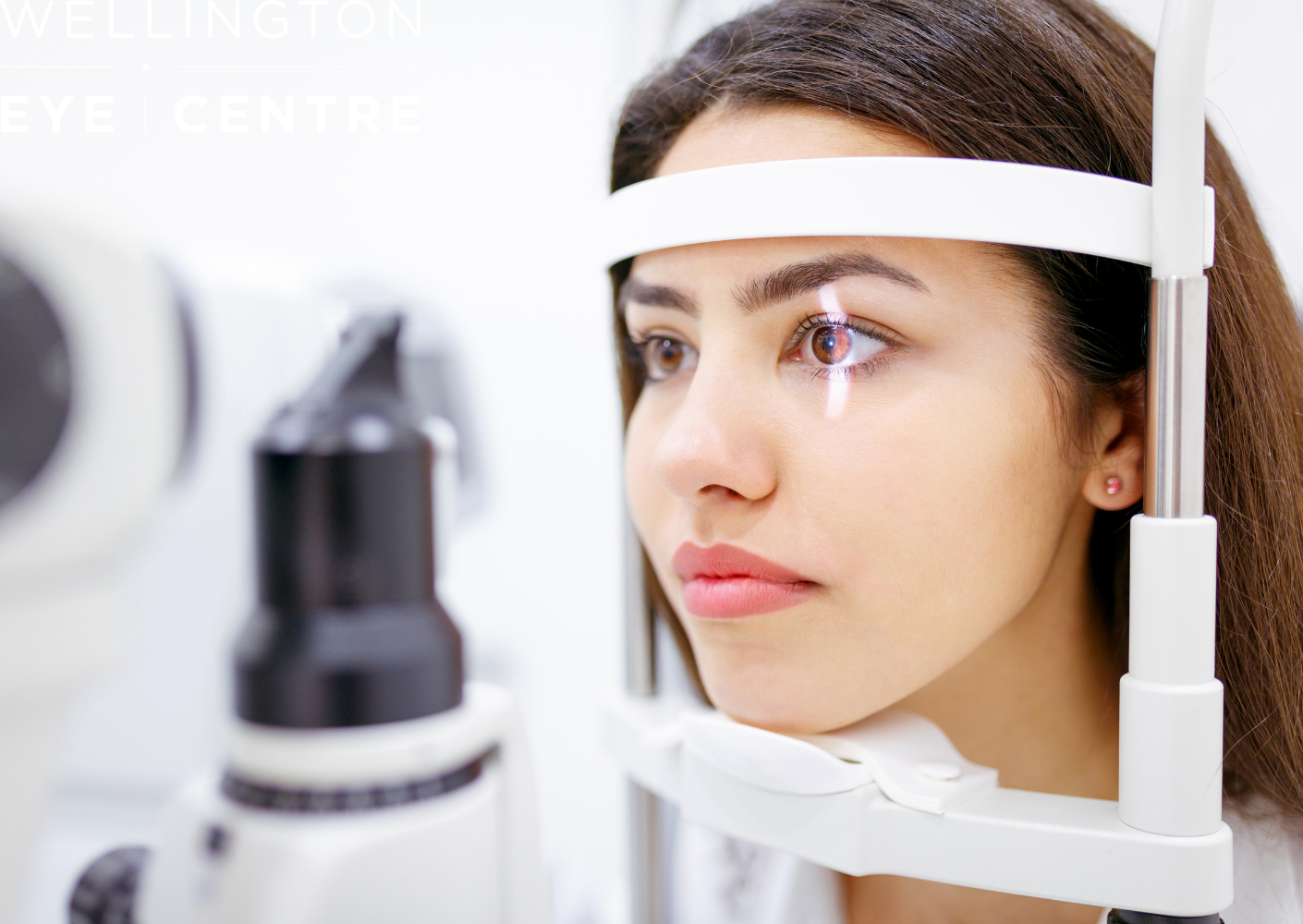
What to expect during your Laser Suitability Medical Assessment at Wellington Eye Centre
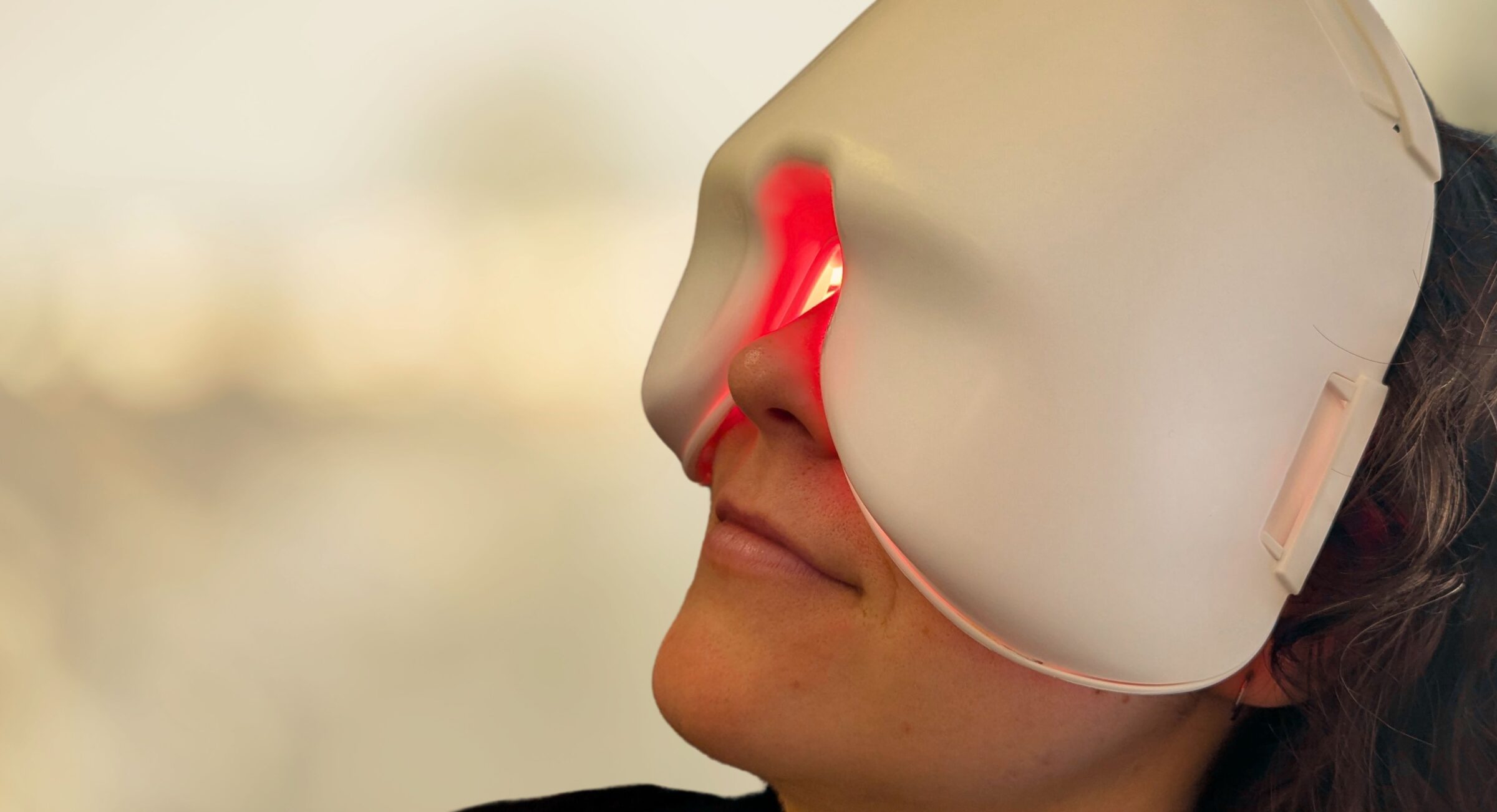
Low-Level Light Therapy for Dry Eyes

